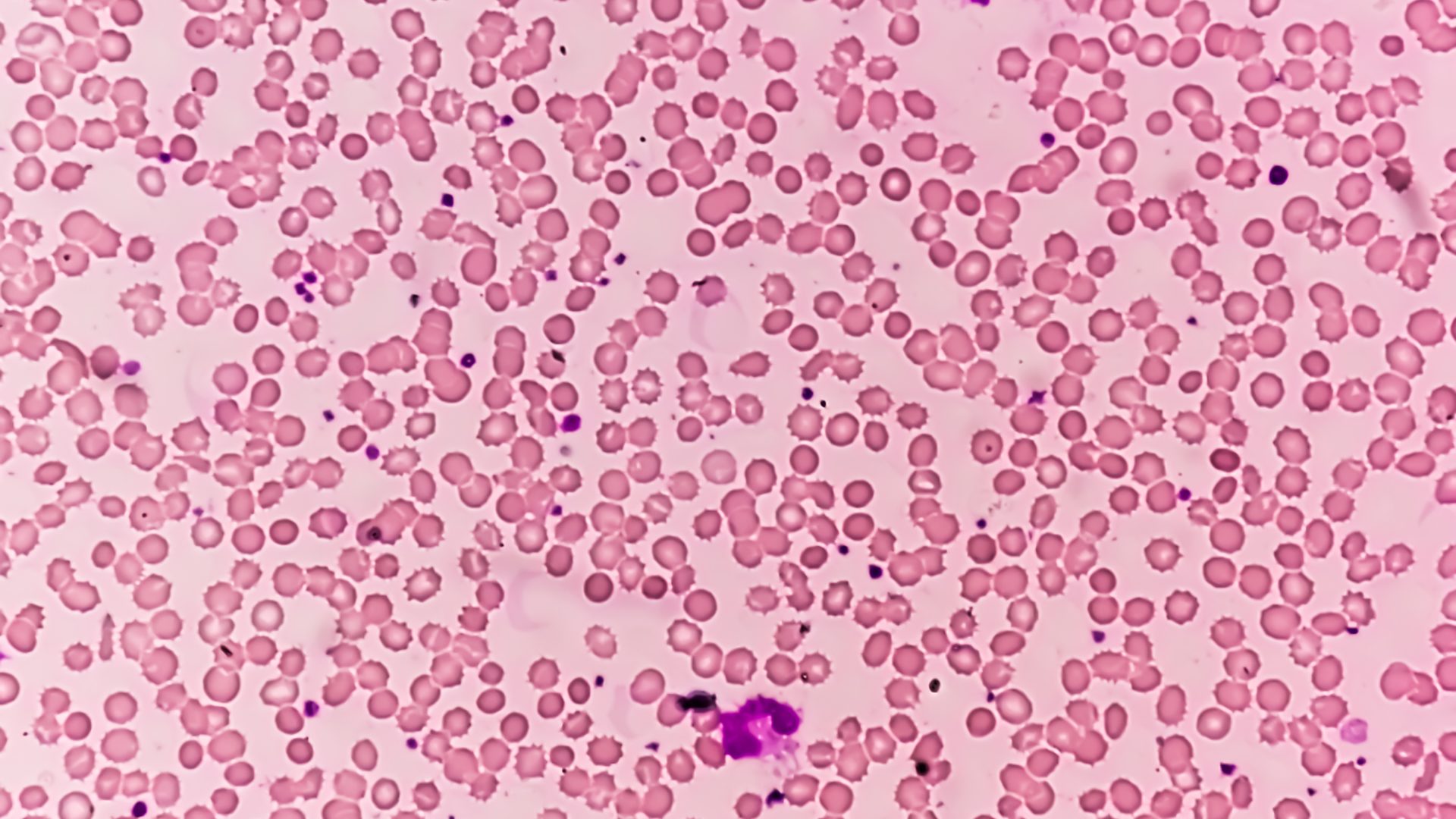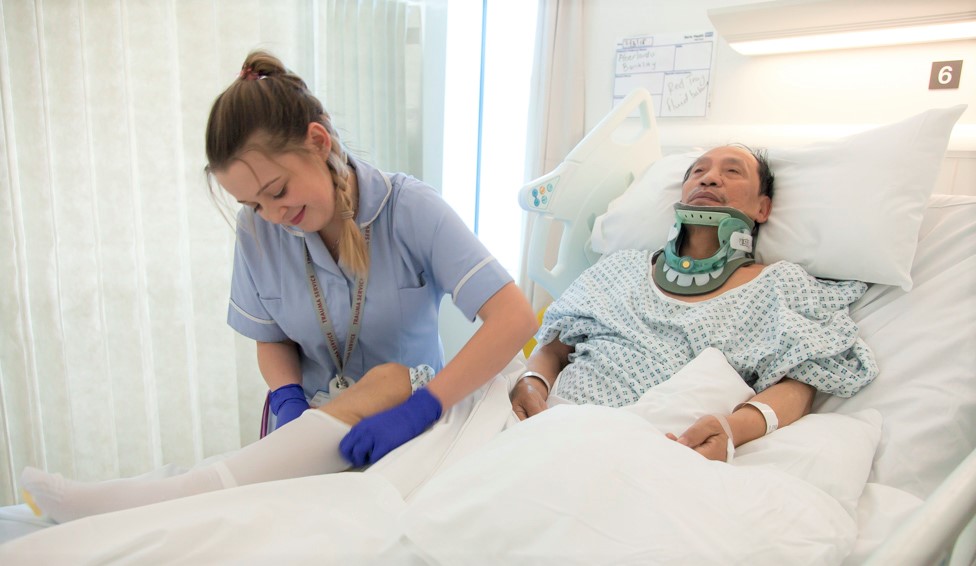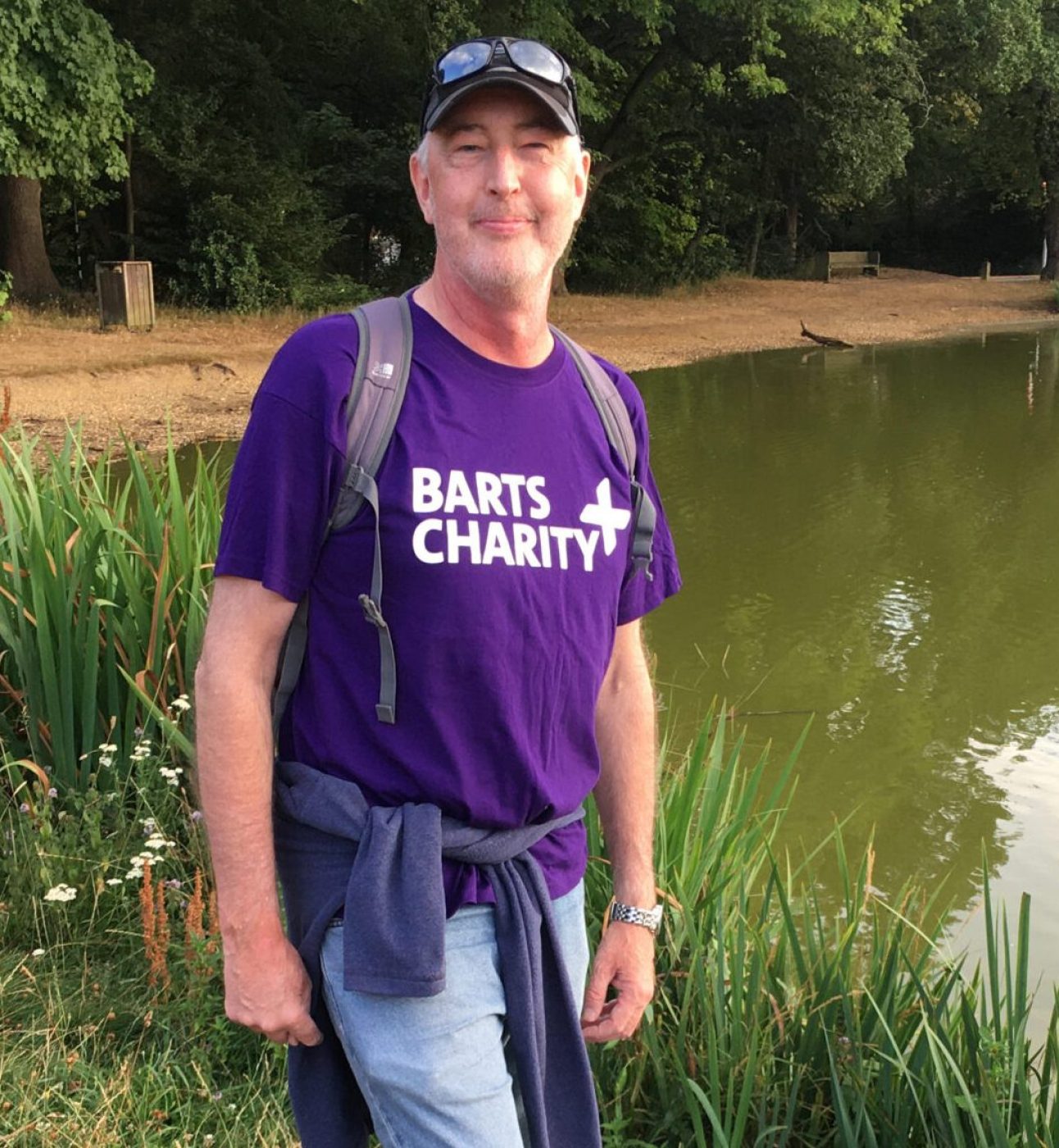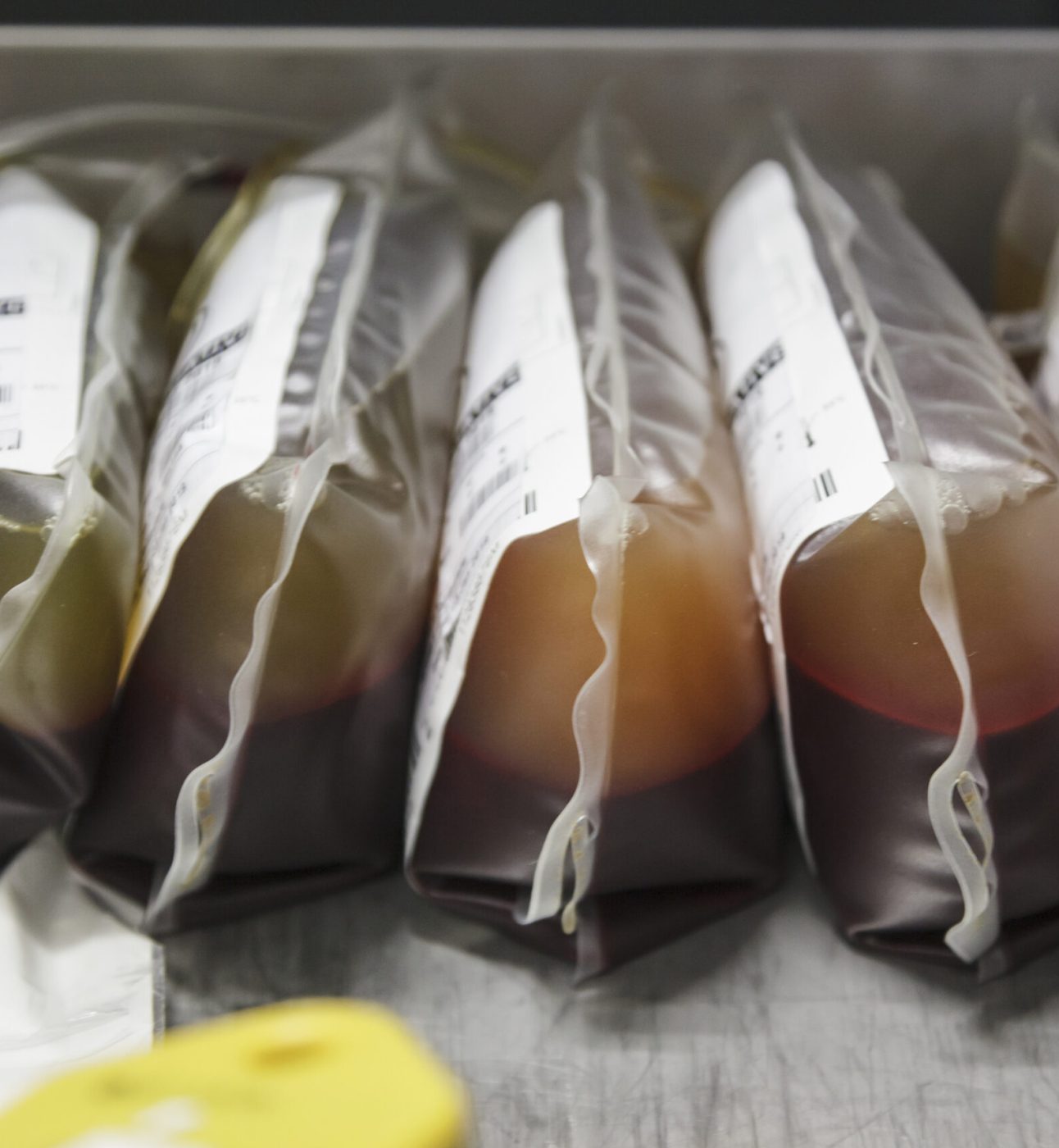
A fast-growing disorder
Sickle cell disease is the fastest-growing inherited disorder in the UK, and our local community in North East London has the highest rates in the country. The disease affects patients’ red blood cells, leading to symptoms like chronic lethargy, severe pain and even strokes.
There’s no cure for sickle cell disease. For many patients, the only way they can live a normal life is by having regular blood transfusions to minimise symptoms. Previously, treatment involved a transfusion procedure which lasted several hours where the patient’s blood would be drained out and replaced in four stages. This was repeated every three to four weeks.
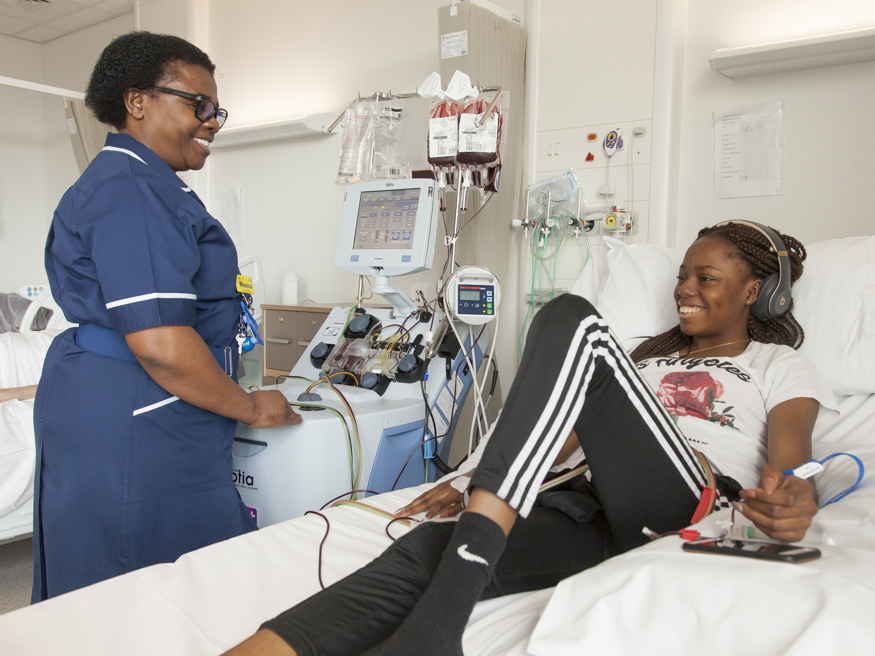
A sickle cell patient receiving treatment
Feeling better for longer
However, thanks to Barts Charity funding, staff at The Royal London Hospital are able to use Apheresis machines. The new machinery treats patients in two and a half hours and only needs to be used every six to eight weeks. Patients have also reported feeling better for longer. Before, the amount of unhealthy sickle blood cells left after treatment was 30%, but this procedure leaves patients with just 10%.
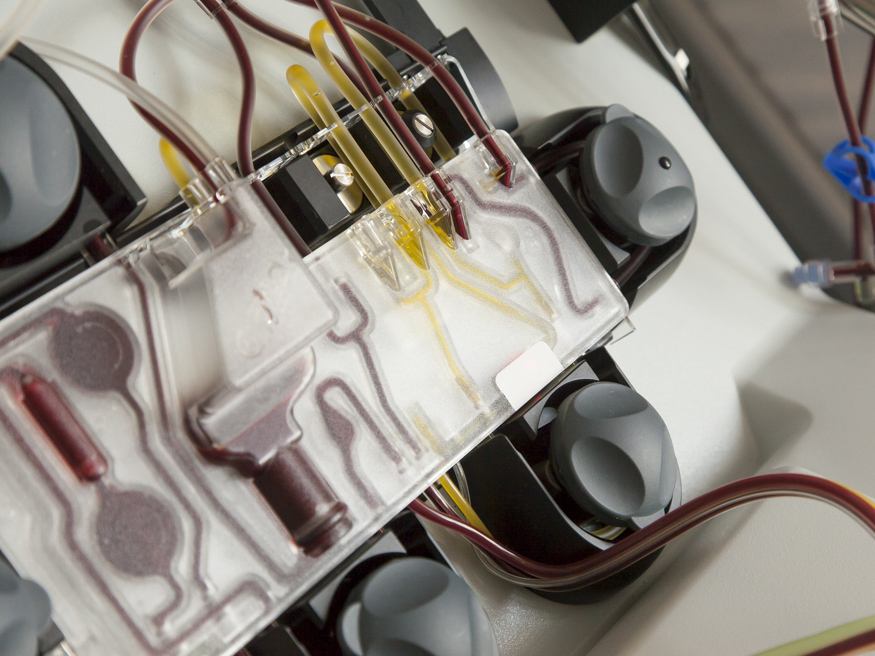
Sickle cell equipment
Improving quality of life
Aldine Thomas, the Lead Nurse in Haemoglobinopathies says: “The new machines have made a significant impact on the lives of our patients with sickle cell disease. They have reported feeling better for longer, improving quality of life and they’ve been able to stop using medication to reduce the iron levels in their body.”
This new equipment at The Royal London Hospital has tripled the number of patients with sickle cell disease that staff are able to treat. Other Barts Health sites have begun referring their patients to the hospital.
The manufacturers are even in talks with the hospital to become a national reference centre – an internationally-recognised resource which would help other hospitals to set up their service with the machine.


